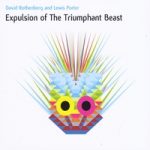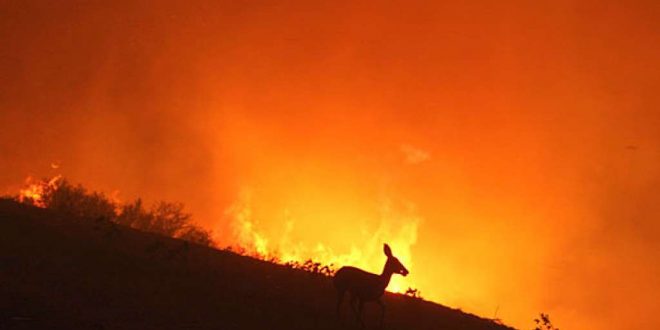Podcast: Play in new window | Download (Duration: 59:00 — 42.2MB)
On April 22nd 1970, Democratic Senator Garland Nelson, originator of the idea of Earth Day, proclaimed:
Winning the environmental war is a whole lot tougher challenge by far than winning any other war in the history of Man. It will take $20 to $25 billion more a year in Federal money than we are spending or asking for now.
Our goal is not just an environment of clean air and water and scenic beauty. The objective is an environment of decency, quality and mutual respect for all other human beings and all other living creatures.
Our goal is a new American ethic that sets new standards for progress, emphasizing human dignity and well being rather than an endless parade of technology that produces more gadgets, more waste, more pollution.
Are we able to meet the challenge? Yes. We have the technology and the resources.
Are we willing? That is the unanswered question.
It appears that question has been answered in the negative – and we did indeed emphasize an endless parade of technology that produced more gadgets, more waste, and more pollution.
And so no new American ethic that emphasizes human dignity and especially no ethic that emphasizes dignity for the “all other living creatures” in Nelson’s statement.
Today there’s a single fire in Australia burning an area larger than Manhattan. Multiple fires burning since November have killed an estimated 500 billion animals – koalas, notable to us for their image of vulnerability, have lost 80% of their habitat so far. And there is more death and destruction to come as the fires rage on due to record droughts and continuing record temperatures there. We are witnesses to the consequences of not winning Nelson’s environmental war.
And from fire to flood: In 2018, Hurricane Florence swept through North Carolina, killing at least 3.4 million farmed animals and an unknown number of wild animals. What we generally heard reported though was the toxic consequences the flooding of their waste pools would create to the humans there.
Humans are simply a catastrophe considered from the perspective of the non-human. We breed and kill at least 100 billion animals per year for food and at least 115 million per year for research. Fishing kills 1-3 trillion animals per year. Deforestation destroys animal habitats and on and on it goes.
Philosopher and ethicist Jeff Sebo want to shift the emphasis: what can be done for the animals as human-caused climate collapse continues?
 GUEST
GUEST
Jeff Sebo is Clinical Assistant Professor of Environmental Studies and Affiliated Professor of Bioethics, Medical Ethics, and Philosophy at New York University. He works primarily in moral, social, and political philosophy with an emphasis on ethics. His current work focuses on the ethics of food, animals, and the environment; and the ethics of activism, advocacy, and philanthropy.
RELATED
Unequal Suffering: Eduardo Brondizio On Biodiversity and Species Extinction (Interchange)
MUSIC
 David Rothenberg is a composer and jazz musician whose books and recordings reflect a longtime interest in understanding other species such as whales, birds, and insects by making music with them.
David Rothenberg is a composer and jazz musician whose books and recordings reflect a longtime interest in understanding other species such as whales, birds, and insects by making music with them.
“Flame” (Grenseland)
“The Year of Insect Thinking” (Bug Music)
“No More Room on the Ark” (3Corners of the World)
“Nature Boy” (Expulsion of the Triumphant Beast)
“Good News Gorillas” (Tablatun)
CREDITS
Producer & Host: Doug Storm
Studio Engineer: Dan Withered
Executive Producer: Kade Young
 WFHB Bloomington Community Radio
WFHB Bloomington Community Radio


